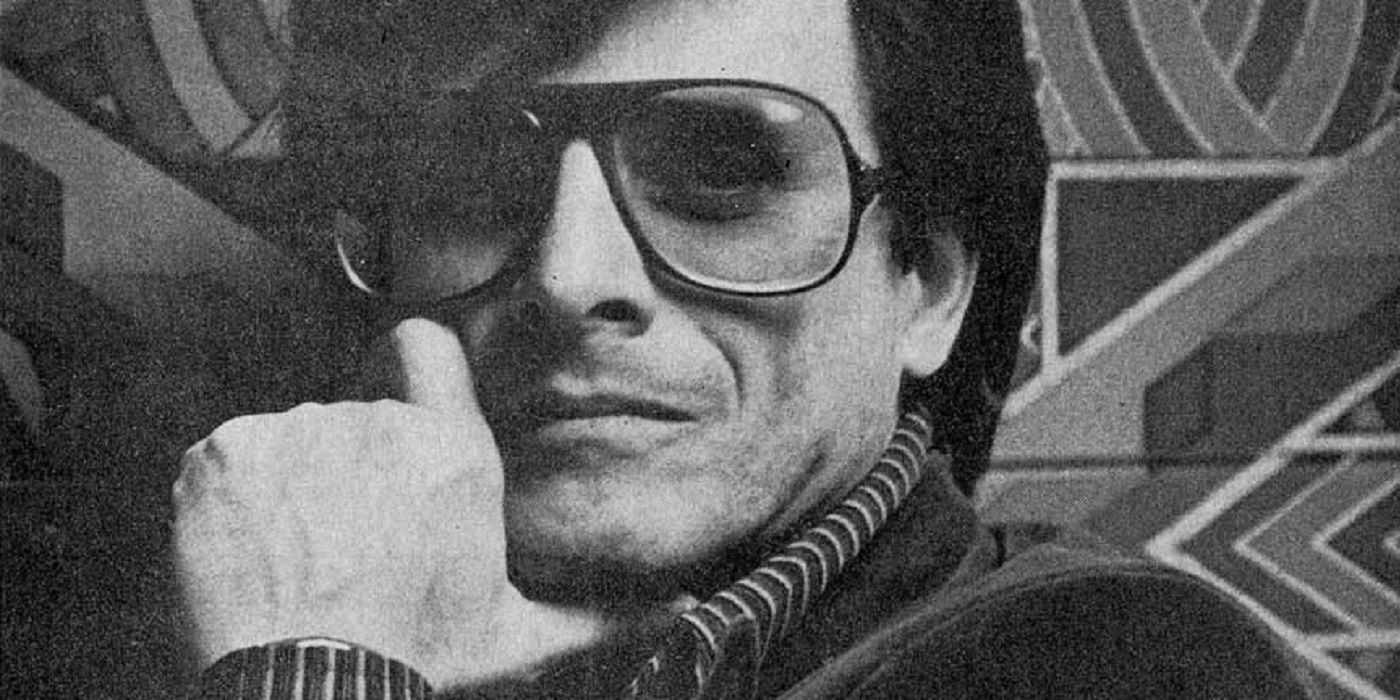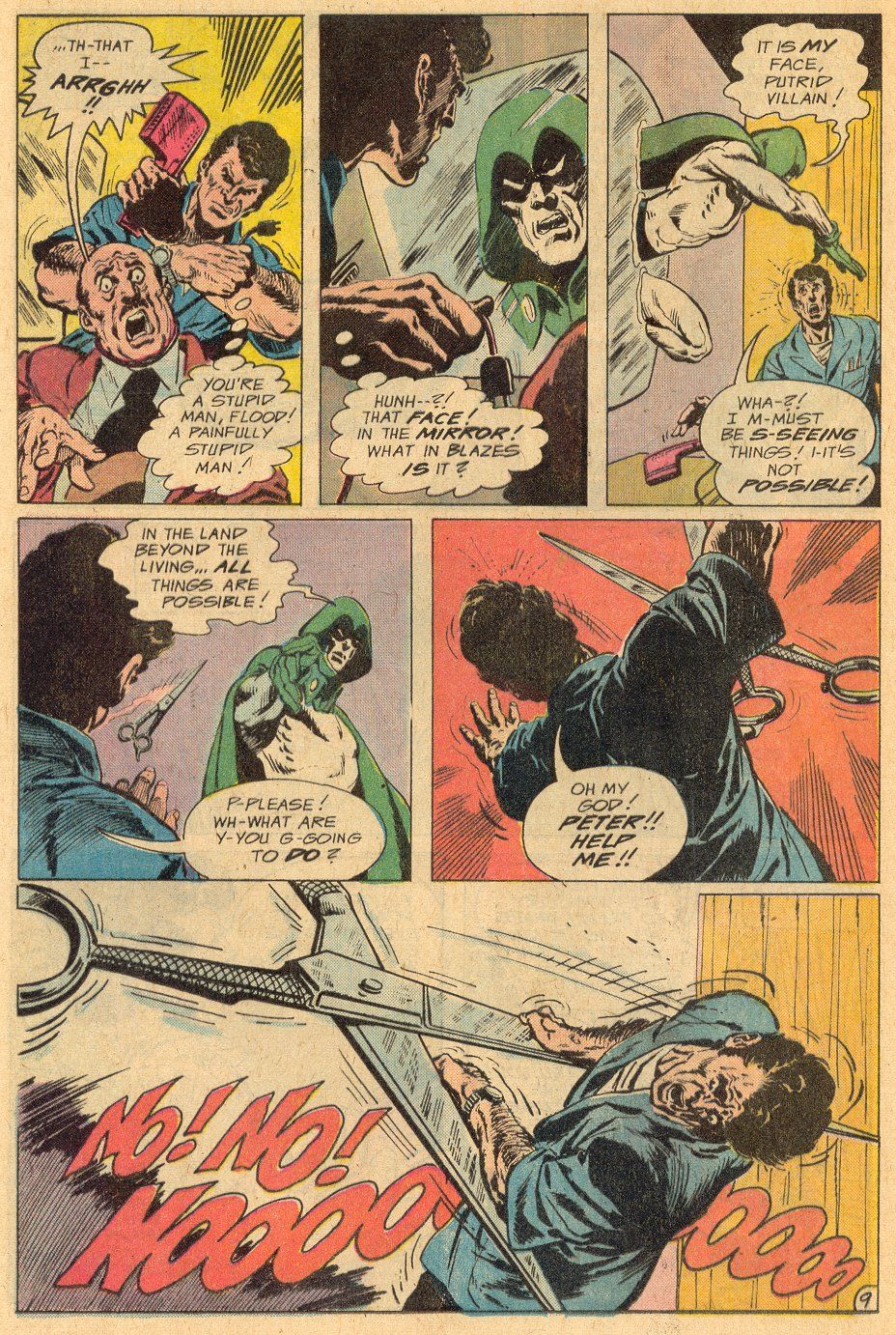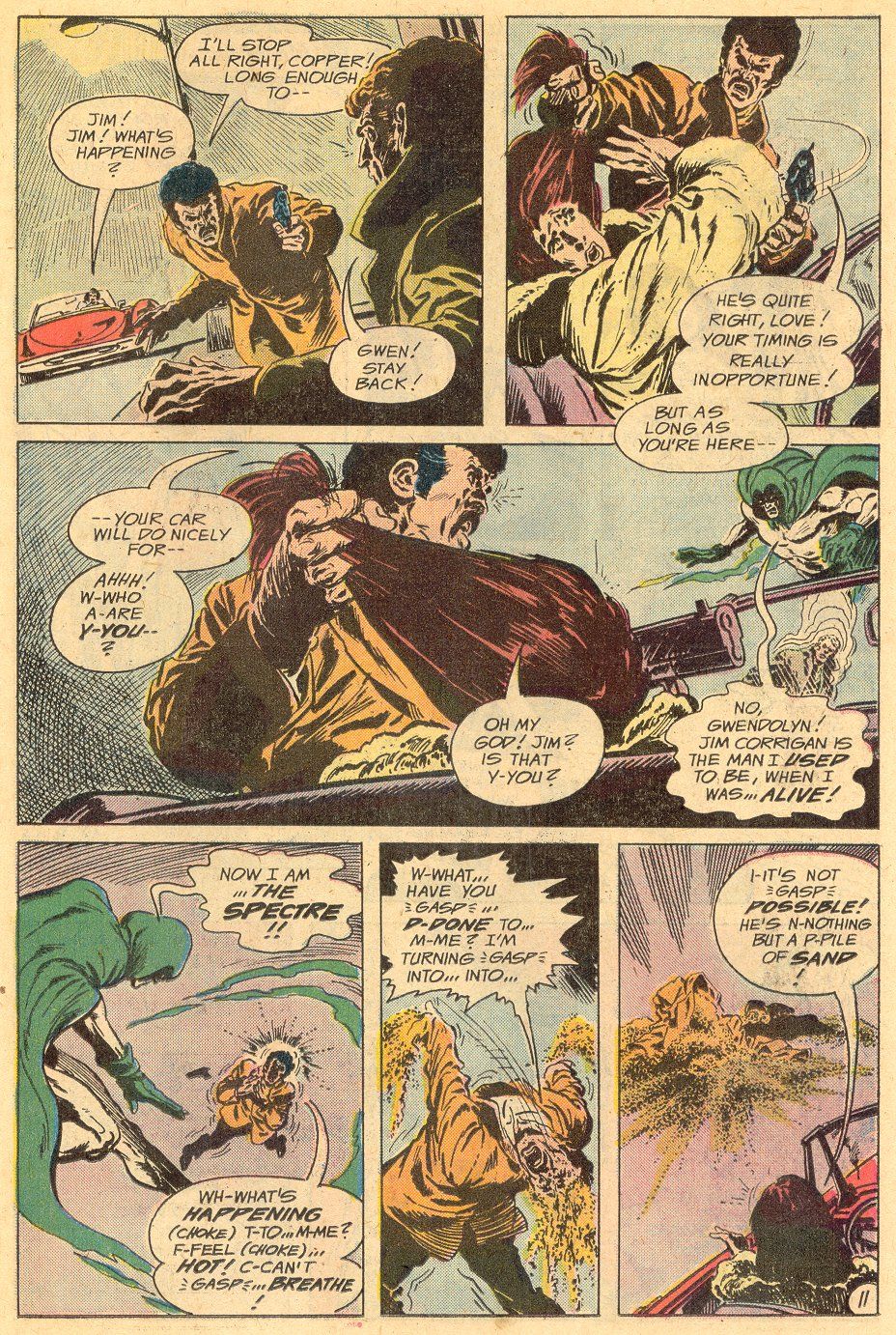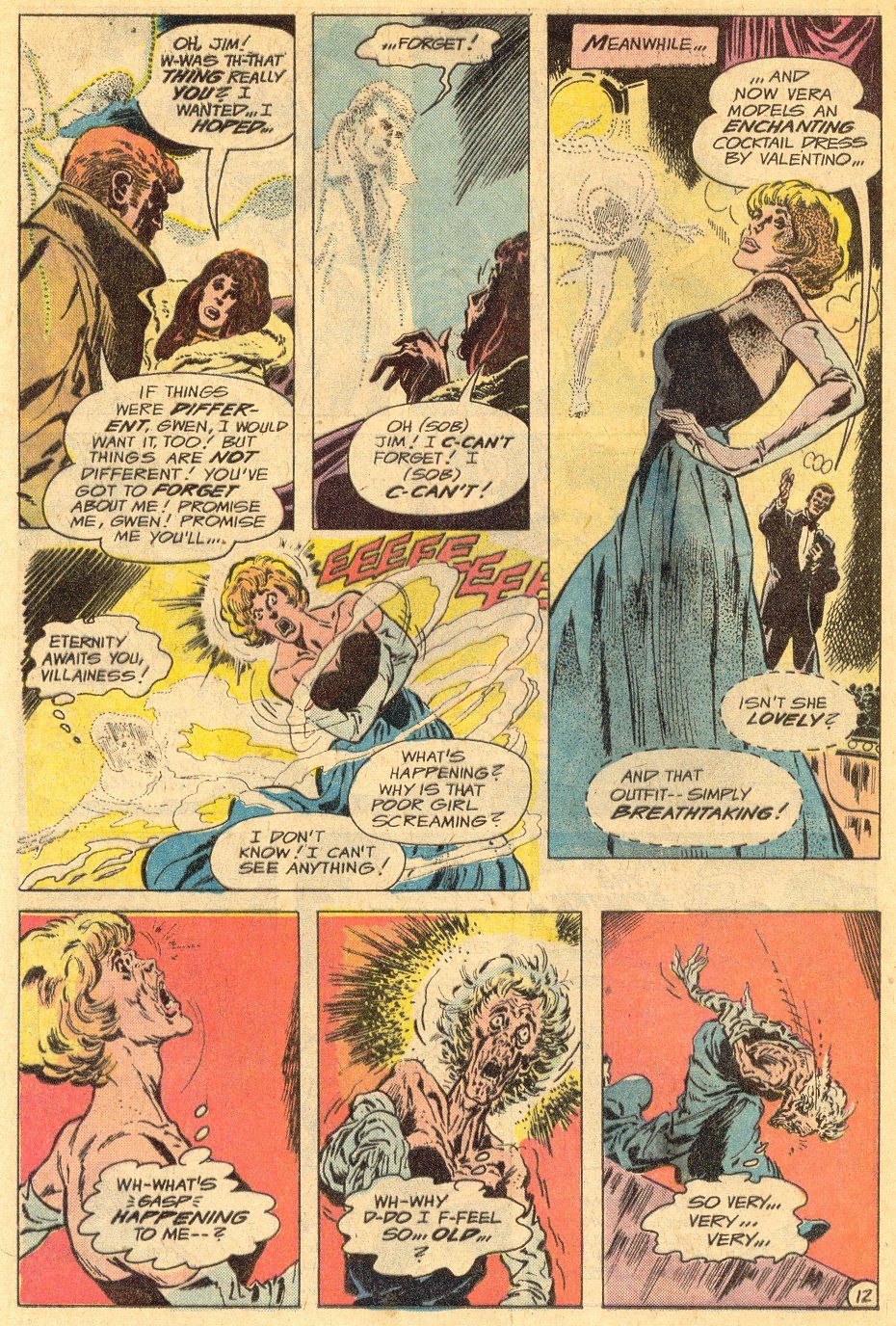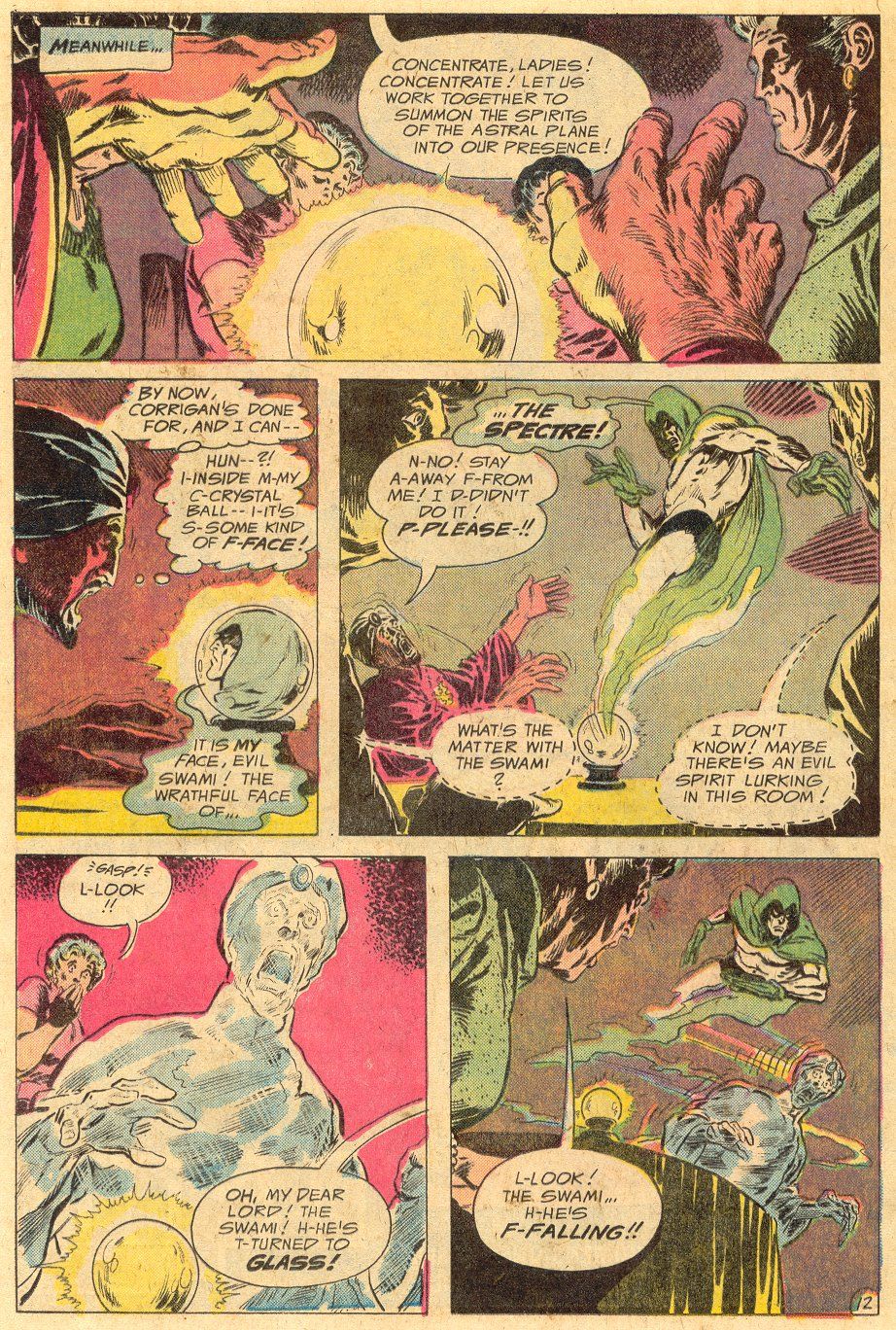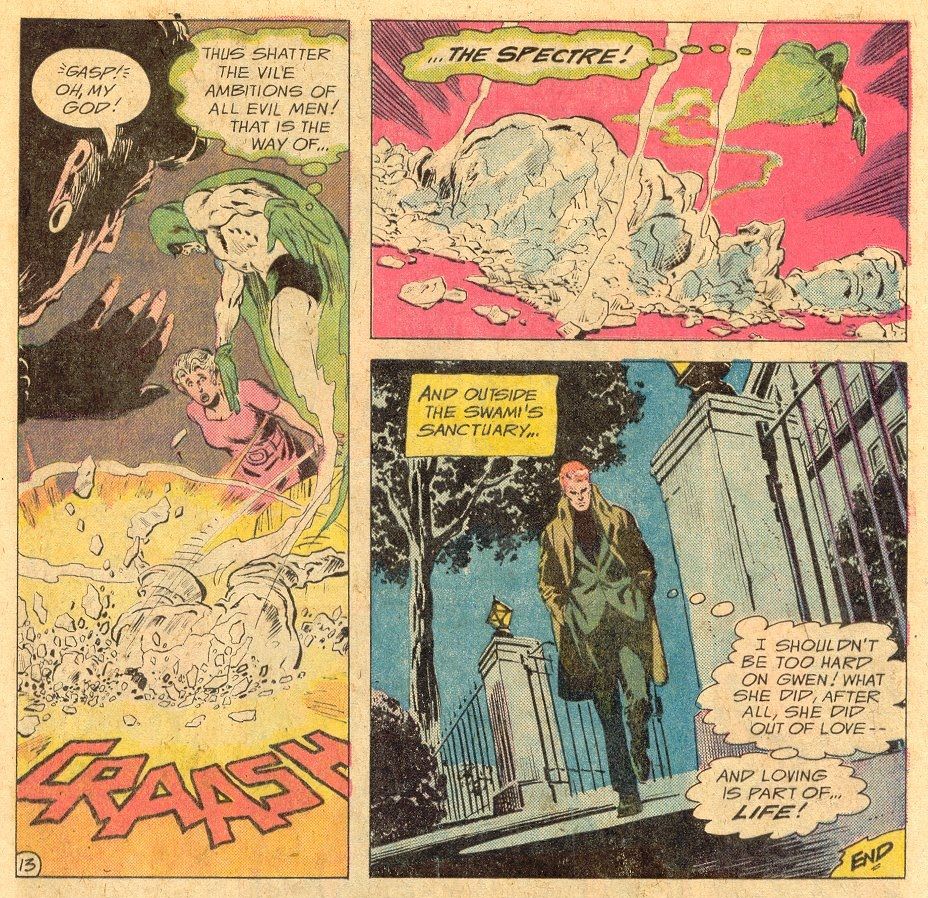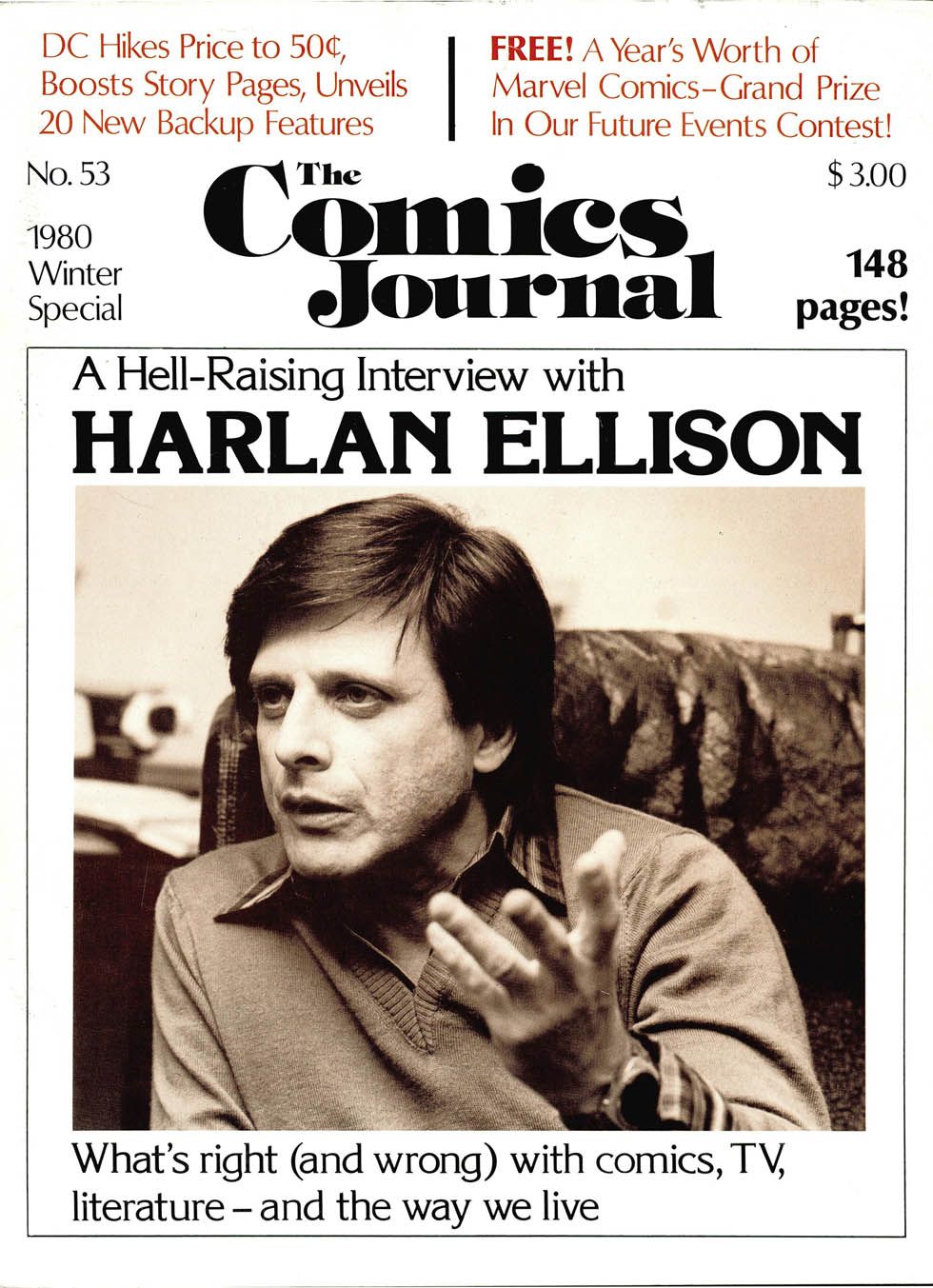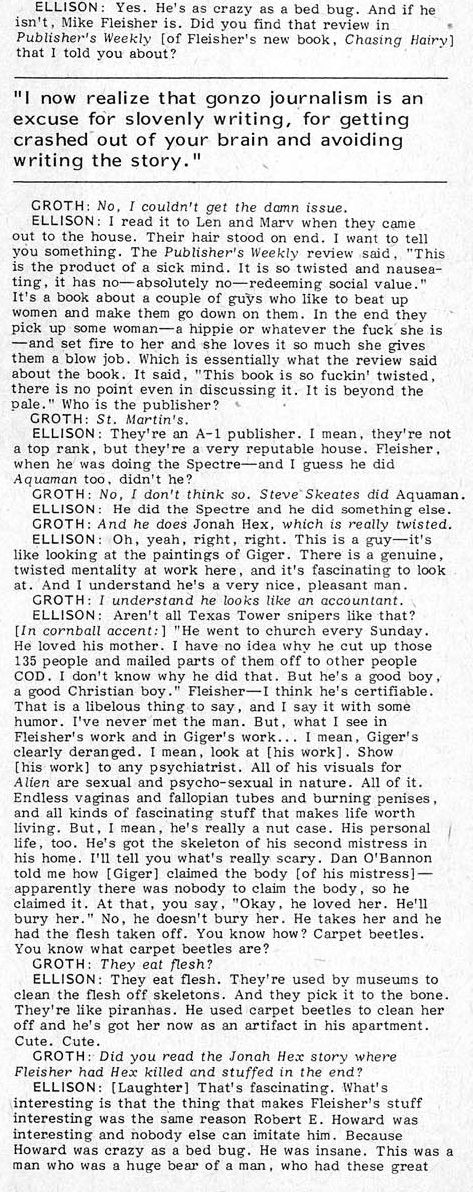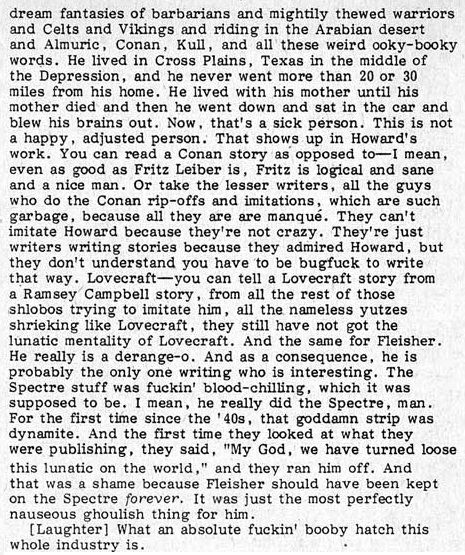The late Harlan Ellison, who passed away this week, was never one to shy away from controversy. In fact, he almost seemed to revel in the reputation bestowed on him for being so argumentative. One of his own book jackets described himself as "possibly the most contentious person on Earth." So Ellison certainly leaned into that aspect of his own personality, but in one interview with Gary Groth of The Comics Journal, Ellison perhaps leaned into it too much and soon found himself, along with Groth and The Comics Journal, sued for libel in a multi-million lawsuit by writer Michael Fleisher.
In the end, the lawsuit was a major victory for free speech, even if said free speech was rather crass or, at times, outright false.
RELATED: Harlan Ellison, Iconic Sci-Fi Writer, Passes Away at 84
First, we should set the scene with regards to Michael Fleisher's career at the turn of the 1980s. Fleisher was in the midst of a long run writing Jonah Hex for DC Comics, a series he had been writing since the early 1970s (and on which he would continue on until 1986, including a spinoff series, Hex, where Jonah Hex is sent into the future), but he had also written a controversial Spectre feature in the pages of Adventure Comics in 1974. Editor Joe Orlando, who had hired Fleisher after Fleisher had begun spending a lot of time at DC's offices researching Superman, Batman and Wonder Woman for a series of encyclopedias, wanted to take the idea of the spirit of vengeance back to the Old Testament approach of God's wrath, so every issue of the series, Fleisher would come up with some twisted ending for the criminals of the story and then the great Jim Aparo would draw them in graphic (for the time) detail.
Here are a few of the fates that fell upon criminals during Fleisher's Spectre stories...
So keep this in mind when the 1980 Comics Journal #53 interview between Gary Groth and Harlan Ellison was published.
It was a rather rambling affair, where Ellison just through shots at many different comic book creators as well as other TV writers and novelists. One of the most infamous sequences was when he tore into comic book artist Don Heck...
Harlan Ellison: There are guys who've got very minimal talents and it doesn't matter whether they corrupt it or not. I could name them and would happily name them, but why bother? There's no sense kicking cripples. I mean, all you have to do is open up comic books from Marvel and DC and take a look at them. You see these guys have a very minor-league talent and, to say, "Well, these people are wasting their talent" is ridiculous. I mean, they're never going to be any better. What's the name of the guy who used to do... over at Marvel... he use to do... [Pause]... the worst artist in the field.
Gary Groth: Don Heck?
HE: Don Heck. [Laughter]
GG: This is going to look good.
HE: Well, of course. You say, "Who's the worst artist in comics?" "Don Heck!" Of course. Absolutely.
GG: I'll tell you a true story: A very high-positioned editor at DC told me three weeks ago that he respected Don Heck very much.
HE: Because he turned in the work on time? Of course. That does not deserve respect. I mean, a dray mule can do that. You know, for whatever other flaws and faults Neal Adams has, and God knows he has many -- he's driven almost everybody bugf**k at one time or another -- Neal is an artist, and Neal is conscientious and Neal cares, and when they rush him Neal turns out dreck and he hates it and he hates himself for it because he has the soul of an artist and he's been a seminal influence and he's a man capable of good work. Jeff Jones was driven away. Bernie Wrightson was driven away. Barry Smith was driven away. [Michael] Kaluta was driven away. All the really good guys, they vanished. They couldn't take it any more. And of course, the industry says, "Well, man, they were irresponsible." Irresponsible is what the f**kin' river merchants call artists who will not kowtow to artificial f**kin' deadlines. That's what they call them -- irresponsible, crazy, hard to deal with, impossible. Five thousand Don Hecks are not worth one Neal Adams. And I don't know Don Heck. I'm not even sure I've ever met Don Heck, and I mean him no harm when I say this. I'm talking about his work, talking about what I see on the page.
What made this particularly bad is that he wasn't even thinking of Heck! He was thinking of Sal Buscema! That was the sort of approach, though, that Ellison took to the interview. It was a real "Bull in a China shop" approach (Heck, for his part, had a delightful response in the pages of Justice League of America).
If you thought that that was bad, well, wait until you see what he says about Fleisher...
Page 2: [valnet-url-page page=2 paginated=0 text='Fleisher%20Was%20NOT%20Amused!']
Here is the section of the interview where Ellison takes on Fleisher...
Fleisher was outraged and sued Ellison, Groth and The Comics Journal for libel, asking for roughly $2 million in damages.
Charles Platt described the suit at the time as follows:
The libel supposedly consisted of three separate statements:
First, Ellison variously described Fleisher as crazy; certifiable; twisted; derange-o; bugfuck; and a lunatic.
Second, Ellison (mis)quoted a Publishers Weekly review as having said Chasing Hairy, a novel by Fleisher, was "the product of a sick mind". The review had said no such thing.
Third, Ellison said Fleisher's Spectre series had been discontinued by DC because "they realized they had turned loose a lunatic on the world." In other words, DC killed Fleisher's series because they thought he was mentally unbalanced.
As a result of these statements, Fleisher's "business reputation has been destroyed." The attorney summed up: "Freedom of speech doesn't go this far. There is no protection for lies that are knowingly published." As compensation, he was asking for total damages of $2,000,000 from Ellison, Groth and The Comics Journal.
In the end, the jury was out for less than 90 minutes before they found in favor of Ellison, Groth and The Comics Journal. It was a major victory for free speech, in that even crass comments like Ellison were protected speech.
RELATED: READING LIST: Harlan Ellison’s Greatest (Comic Book) Hits
Ellison's arguments that they were made in jest and that he meant them as compliments seemed to carry the day, as well as the fact that Fleisher's salary actually increased since the interview.
Amusingly enough, when Fantagraphics later reprinted the interview and spoke about the events for a history of the company, it was Ellison now who sued them, trying to keep them from reprinting the interview or making statements about the case. Even when they seemingly settled the issue, they continued to attack each other (thanks to Heidi MacDonald for the head's up about Ellison and Fantagraphics' continued issues post-settlement)!

